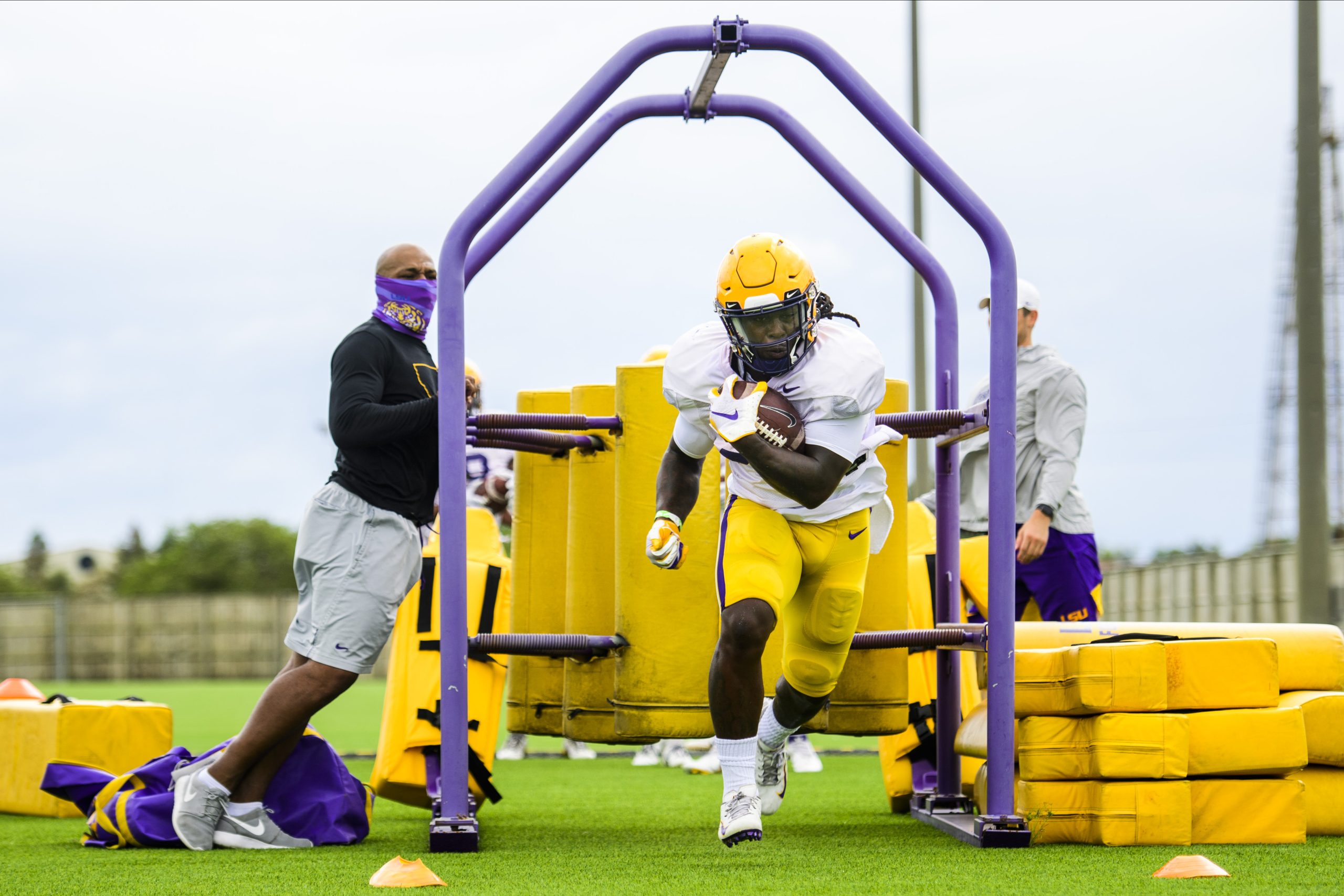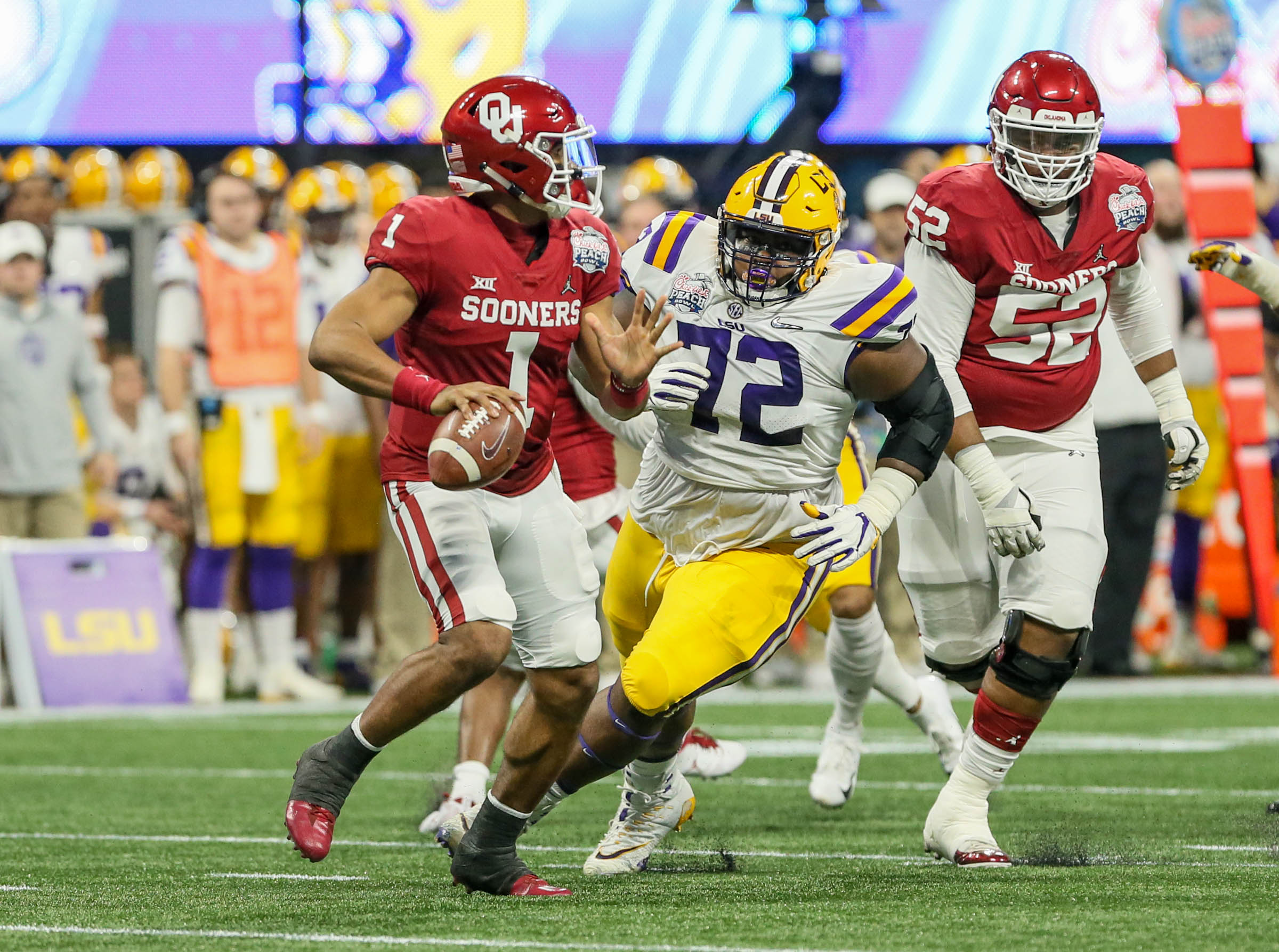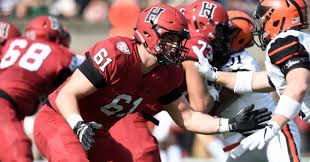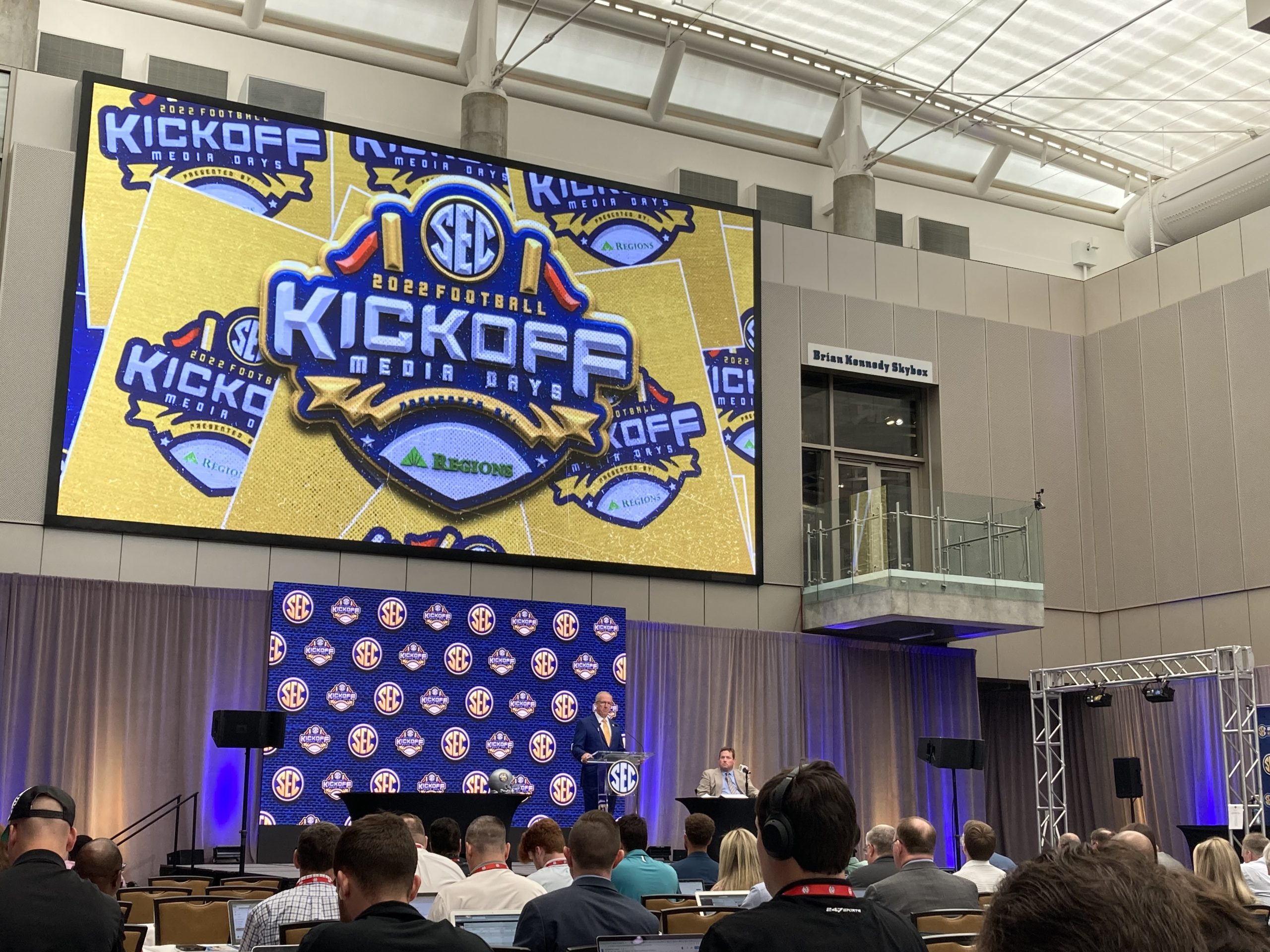
The longest, most emotionally taxing and physically draining off-season in the history of college football is almost over for defending national champion LSU.
The Tigers, like the rest of the Southeastern Conference, are trudging toward a better-late-than-never Sept. 26 season opener vs. Mississippi State, leading off a rearranged season of 10 SEC games with no non-conference breathers, coronavirus be damned.
The journey from mid-March until the SEC’s opening weekend starting three weeks late has been painstakingly careful, with the league never getting ahead of itself as it followed medical protocols every step of the way.
Congrats to SEC commissioner Greg Sankey for getting all 14 league schools to the starting gate and not automatically giving up on a fall season as did the Pac 12 Conference (and the Big Ten until this week).
“Greg Sankey has been a steady hand and he’s gone about this properly, listen to the experts and just always ready to pull the plug if there’s something that we cannot overcome,” LSU athletic director Scott Woodward said this week in a Zoom media videoconference. “He’s gone through this process in a very thorough and proper way. And in my opinion, he’s the unsung hero on this.”
Even bigger kudos to LSU’s coaching staff, its support personnel and the players. They continue to adapt on the fly, even when the coronavirus do’s and don’ts change every few weeks.
There’s also been the added but welcomed challenge of coaches and players opening lines of communication in the wake of social unrest that led to a dramatic acceleration of the Black Lives Matter movement.
Finally, against the backdrop of those life-changing events have been underclassmen opting out of the 2020 season, whether to prepare for the 2021 NFL Draft or because of coronavirus concerns.
LSU has had three players – all starters including Biletnikoff Award winning receiver Ja’Marr Chase – choose that route and stick with it. It brought the total to 32 players lost from last season’s national championship team via the NFL Draft, graduation, transfers, dismissals and opting out. Gone are nine offensive starters and seven defensive starters.
The Tigers’ focus and resolve just to make it to the season opener are nothing short of miraculous.
In the 2½ months players were not allowed on campus to practice, LSU head coach Ed Orgeron and his staff carried on recruiting and coaching duties through hours and hours of daily Zoom calls.
From March 15 when all sports shut down to Sept. 1, LSU gained 14 Class of 2021 commitments and four Class of 2022 commitments.
Then, there was the task of making sure players stayed in shape, physically and mentally, until they were allowed by the NCAA to return to campus in early June.
“As a team, I know we took advantage of those 11 weeks even though we weren’t able to be with each other every day,” new LSU starting quarterback Myles Brennan said. “I know our strength staff sent us videos to stay on top of our strength and conditioning. We would Zoom every morning (with the offensive coaches) at 8 ’o clock and we would keep installing the offense.”
Through every possible distraction, the younger-by-the-minute Tigers have stayed the course.
And there are more challenges ahead.
Some are obvious, like playing in mostly empty stadiums with attendance limited because of social distancing protocols. LSU is initially allowing 25 percent capacity (around 25,000) in Tiger Stadium for the opener vs. Mississippi State.
There won’t be bands allowed on the field, meaning no Golden Band from Tigerland to form a tunnel for the Tigers fired-up pre-kickoff entrance. There won’t be a packed house screaming so loud opposing offenses blow snap counts. There will be a black hole-size lack of crowd energy that usually carries a team through tough games.
“We have to create our own energy, we have to create our own excitement on the sideline,” Orgeron said of he and his team. “It (the atmosphere) may not be what we expect. But, hey, the other team is here to win, everybody is playing on an equal playing field.”
Something Orgeron has done extremely well the last two seasons in which LSU has won 25 of 28 games including 10 victories over Top 10 opponents is making sure he, his coaches and his team stay in the moment.
Learn from the past and then flush it. Don’t sweat the future. Keep all minds and hearts on the immediate challenge.
Orgeron didn’t always have this Zen approach. It took that disastrous non-conference home loss to Troy in 2017 in his first full season guiding the Tigers to make him see the light.
“The day after we lost to Troy, the black clouds were all over,” Orgeron said. “But that’s one of the most important games we’ve played since I’ve been coach here. That’s when things started changing. That’s when we got back to business.
“Focus on the daily tasks. We didn’t start thinking about (looking) ahead. Every day, we took one day at a time. I said, `I’m going to enjoy myself coming to work. I’m going to enjoy coaching this football team. Whatever this team ends up being, my job is to get them to be the best they can be.’
“I had to re-think, I caught myself thinking, `Hey man, we gotta do this, it’s gotta be this way.’ That’s the wrong thing. The best thing is to take it one day at a time, this is the team we have, let’s get them better, let’s see what’s going to happen.
“When you coach that way and when you approach it that way and you get better on a daily basis, the process is going to take care of the results.”
The yet-to-be-determined`X’ factor this season is coaches, oddsmakers and medical experts can’t predict how effectively teams prevent the coronavirus from spreading weekly.
For instance, Tennessee had to skip a preseason intrasquad scrimmage a few weeks ago because 44 players were unavailable. Eight or nine players had active cases of COVID-19 and two dozen more players were unable to practice because contract-tracing protocol requires them to quarantine.
Orgeron said in Zoom videoconference Tuesday that most of his team had already caught COVID-19.
“We’ve got a good handle of it,” Orgeron said. “But once a kid gets it, the next man goes up. I get told who’s tested positive, this person is going to be quarantined, they give me the number of days and we’ve got to make adjustments. I told the team we need everybody. There’s no telling what’s going to happen with the COVID.”
No one knows how many times this season will start and stop because of outbreaks. Will there be games cancelled? Or will the 10-game schedule sail smoothly until docking for the Dec. 19 SEC Championship game in Atlanta?
Because of the uncertainty blanketing every facet of this college football season, there’s a growing obvious lack of fan enthusiasm that’s foreign this time of year, especially in the South.
Something repeatedly seen or heard is this season is a wash because teams aren’t playing for a “real” national championship since not all of the Power 5 Conferences are playing in the fall. There’s the belief the winner of the College Football Playoff should have an asterisk next to its name.
To the contrary, considering all the hoops and hurdles teams have jumped through and over with more ahead in the next four months, this season might be the toughest road ever to a national championship.
Whoever wins it all is an absolute beast and should never have to apologize for the accomplishment.
The odds are against LSU repeating. But it’s important the Tigers perform well enough to demonstrate staying power and advance to the level of perennial national championship contenders like Alabama and Clemson.
Championship programs are constructed to withstand “what ifs?” When a coach says, “Next man up,” there doesn’t need to be a gnashing of teeth.
That’s where LSU is now. The Tigers are on the verge of being elite, a level they can reach if they smoothly handle the “what ifs?”




Be the first to comment